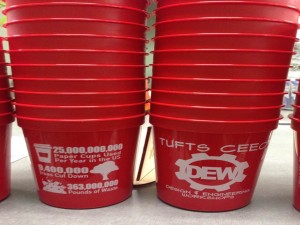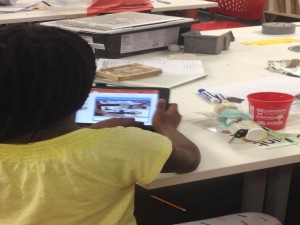We’re all excited for the upcoming holiday, but let’s also be conscious of our environmental impact. According to the USDA, Americans will throw away more that 200 million pounds of edible turkey meat this Thanksgiving holiday. Here are a few ways to prevent the wasteful and tragic aftermath of Thanksgiving.
- Eat local and/or organic. Many Thanksgiving foods like squash, potatoes, and apples are seasonal in the U.S. during the fall and can be purchased from a local farm. Local farms reduce the miles that the food has to travel to get to your kitchen, reducing carbon dioxide emissions. Some local farms are certified organic, but you should ask the farm if they have organic practices. You can also purchase organic produce from a grocery store. Organic produce protects farm workers from harmful chemicals and is safer for humans. Most importantly though, local and organic food tastes better!
- Don’t waste food! Americans waste 40% of all food produced in the United States according to the NRDC. You could give out leftovers to guests, eat it as breakfast, or even compost and transform food waste to benefit your garden. “Begin with the Bin” has a great resource for composting leftover food.
- Use reusable plates, silverware, glasses, and napkins. This is better for the environment, and no one likes cutting turkey with a plastic knife and having gravy soak through paper plates.
- Eat less meat. The meat industry is the largest source of methane gas, which is a major contributor to climate change. You don’t have to be a vegetarian, but try having less meat on the plate and filling the rest of it with healthy sides like squash and green beans! You could also consider purchasing a smaller turkey.
- Drink tap water. Americans spend $18 billion on bottled water, which creates mountains of plastic that will stay on this earth for a long time. If you are concerned about the water quality, investing in a filter for your tap water is a wiser alternative.







Find Us On Social Media!